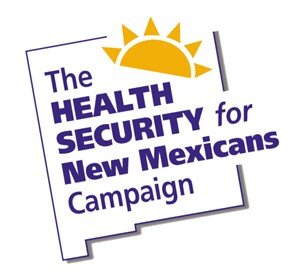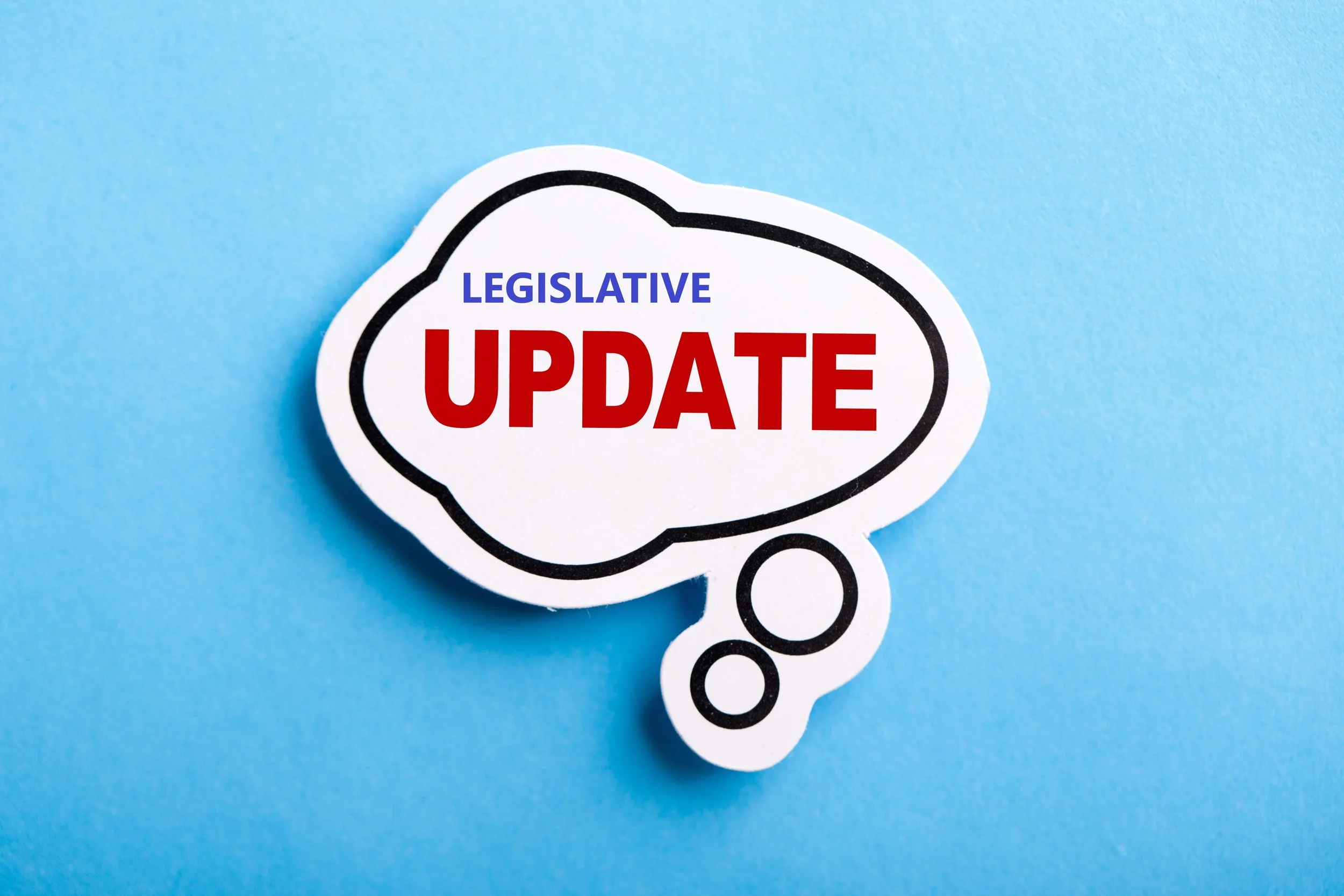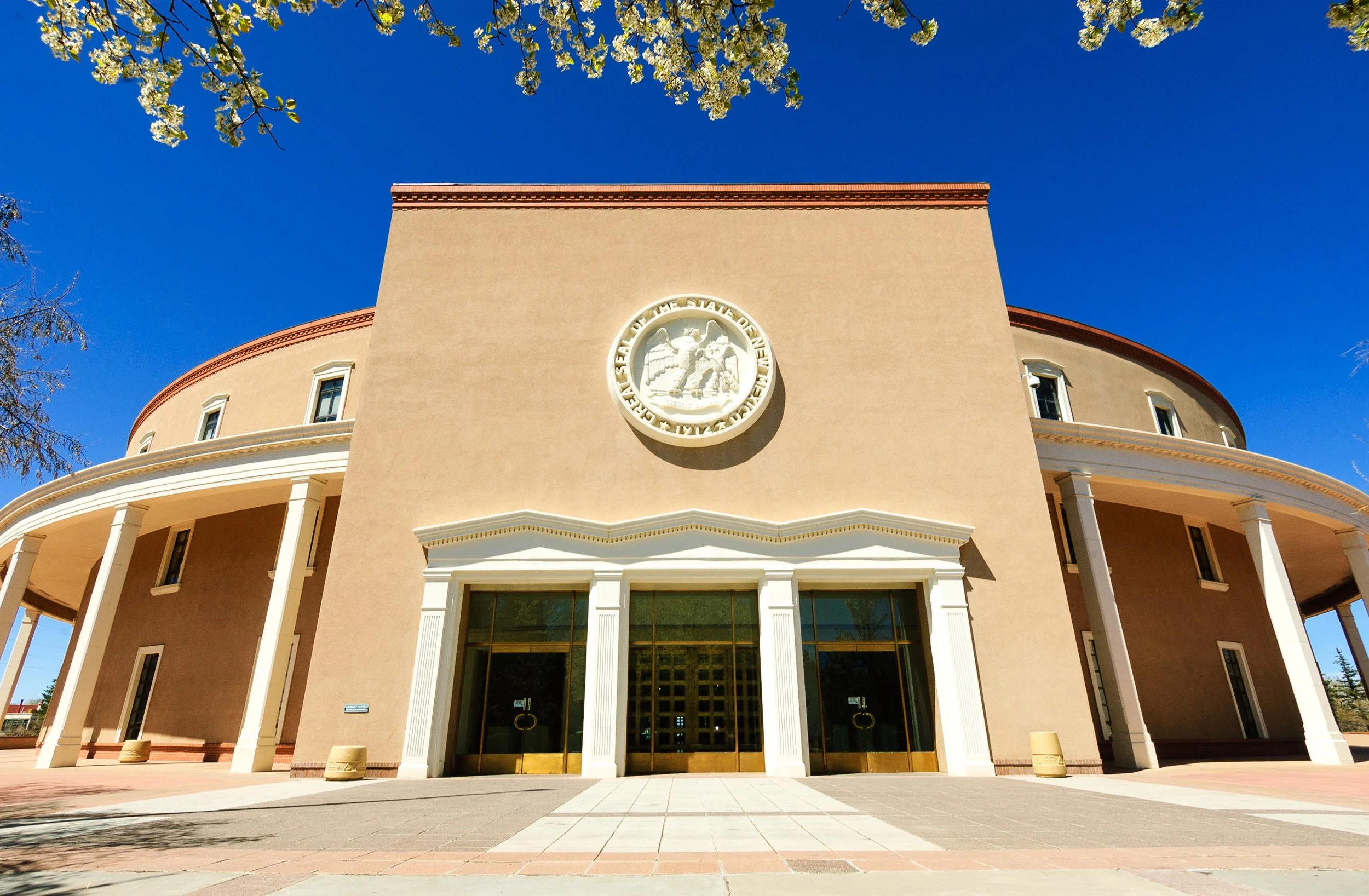As we wait on Senate Finance and HB 2, we want to share with you a letter signed by 56 physicians from different areas of the state. This powerful letter was sent last week to House and Senate leaders and to the chairs and vice chairs of the Senate Finance Committee and the House Appropriations & Finance Committee.
Dear New Mexico Legislator:
We, the undersigned New Mexico physicians and ordering providers, urge you and other representatives and senators to support the Legislative Health and Human Services Committee’s request for an appropriation of $1.5 million as a supplement to the Office of the Superintendent of Insurance in HB2. The funding will enable the continuation of research needed for the design of the Heath Security Plan for New Mexico.
As you know, the Health Security Plan would provide health care coverage to almost all New Mexico residents. The haphazard patchwork of private market and public options that currently define healthcare has failed our patients, and let many slip entirely between the cracks. As physicians, we believe that health care should be considered a human right, and its guarantee the obligation of responsible societies. We see firsthand the devastating effects of underinsurance and lack of insurance on our patients. Inadequate insurance is a major cause of poor health outcomes for the people of New Mexico, and also leads to expensive and unnecessary overuse of emergency and hospital services to compensate for lack of access, and to treat health crises that might have been averted.
Moreover, the current health care system has failed us as providers. It creates inefficiency and bureaucratic chaos, leading to an untenable administrative burden for our practices, and daily hurdles and challenges to our decisions on behalf of our patients. The administrative costs of our complicated coding and billing are untenable for many small practices, and physicians spend hours of their day on extensive documentation for purposes of reimbursement, justifying orders for routine services and equipment, and insurance-related activities like obtaining preauthorization for tests and treatments.
The siphoning of precious healthcare dollars for costly administrative expenditures to support a complicated, multiple payer system makes no sense for patients, doctors, and hospitals.
New Mexico, like much of the country, is experiencing a progressive failure of its healthcare system, and the pandemic has served only to widen the fault lines. Patients are not getting the care they need, and physicians and nurses are increasingly demoralized and leaving the workforce. In New Mexico, we cannot afford to lose more of our physicians. We believe that New Mexico could once again be at the leading edge, and set an example for other states by creating a simple, streamlined insurance plan that ensures access to care for all its residents, and allows our healthcare workers to focus on the substance of their work – namely, taking the best possible care of our patients.
But it’s important that we get it right. There are many complicated issues to consider, including benefits covered, integration with federal programs, bulk purchasing of drugs, payment models for providers and health care facilities, and the needs and concerns of multiple stakeholders. These must be solved in a way that does not add costly administrative layers, but simplifies our system for patients and providers. The Superintendent of Insurance has conducted important initial research, and we ask that the New Mexico legislature grant the funds to continue it. Our fervent hope is that it will allow development of a plan that is intelligent, compassionate, and realistic, and that greatly improves medical care for New Mexicans.
Thank you for your consideration.
Wow. We are grateful to have such eloquent and dedicated supporters!




















